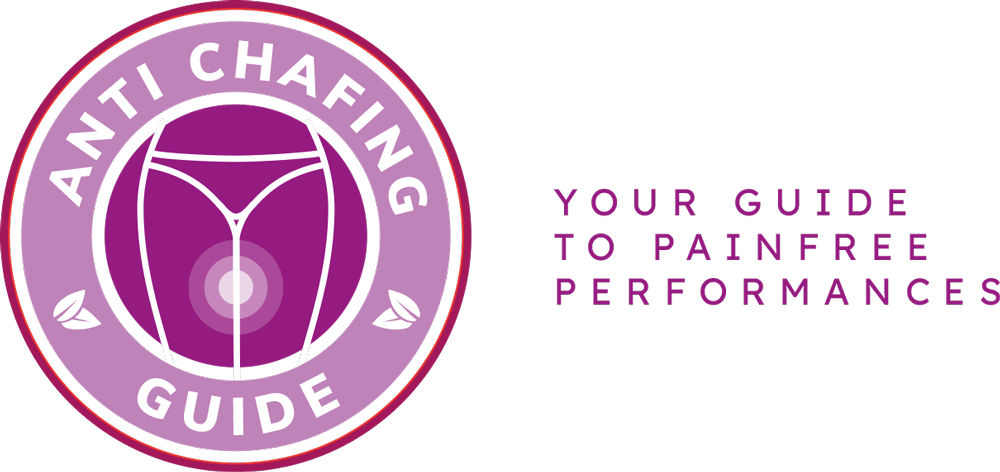Are you tired of dealing with the painful and irritating effects of chafing? Look no further! We have gathered the top dermatologist-approved remedies to help you banish the burn and say goodbye to skin irritation for good!
Chafing occurs when there is friction between your skin and clothing or other surfaces, leading to redness, soreness, and discomfort. But fret not, because dermatologists have recommended some highly effective remedies to provide relief and soothe your skin.
By following these expert recommendations, you can discover a range of preventive measures and treatment options that will help you combat chafing. From wearing moisture-wicking clothing to using lubricants, there are various ways to prevent chafing in the first place. And if you’re already experiencing the discomfort, dermatologist-approved remedies like medicated creams, soothing ointments, aloe vera gel, and coconut oil can work wonders.
So, say goodbye to skin irritation and discomfort caused by chafing. Explore these dermatologist-approved remedies and enjoy the freedom of friction-free skin!
Prevention is Key
Prevention is key when it comes to avoiding the discomfort and irritation caused by chafing. By taking a few simple steps, you can keep your skin protected and free from friction-related woes.
One effective way to prevent chafing is by wearing moisture-wicking clothing. These fabrics are designed to pull moisture away from the skin, keeping you dry and reducing the chance of friction. Look for materials like nylon or polyester blends that are specifically designed for active wear.
Another preventive measure is to use lubricants to reduce friction. Applying a thin layer of anti-chafing product or petroleum jelly to areas prone to chafing can create a barrier between the skin and clothing, minimizing irritation. Additionally, using powders or creams that absorb moisture can help keep the skin dry and reduce friction.
Remember, prevention is always better than a cure. By implementing these simple measures, you can banish the burn of chafing and enjoy comfortable, irritation-free skin.
Treatment Options
Treatment options for chafing are essential in providing relief and healing for irritated skin. Dermatologists have approved a range of remedies that effectively combat chafing and promote skin recovery. These options include medicated creams, soothing ointments, and natural remedies such as aloe vera gel and coconut oil.
Medicated creams are a popular choice for treating chafing. They contain ingredients like hydrocortisone or zinc oxide, which help reduce inflammation and provide a protective barrier for the skin. These creams are readily available over the counter and can be applied directly to the affected area for immediate relief.
Soothing ointments are another great option for treating chafing. They often contain ingredients like calendula or chamomile, which have anti-inflammatory and healing properties. Applying these ointments to the affected area can help soothe the skin and promote faster healing.
Natural remedies like aloe vera gel and coconut oil are also highly recommended by dermatologists. Aloe vera gel has cooling and moisturizing properties that can provide instant relief from chafing. Coconut oil, on the other hand, has antimicrobial properties that can help prevent infections and promote healing.
When choosing a treatment option for chafing, it’s important to consider your personal preferences and the severity of the irritation. Consulting with a dermatologist can help determine the best course of action and ensure effective results. Remember, finding the right treatment can banish the burn and say goodbye to skin irritation for good!
Frequently Asked Questions
- What causes chafing?
Chafing is caused by repeated friction between the skin and clothing or skin-to-skin contact. It commonly occurs in areas where there are folds or moisture, such as the inner thighs, underarms, and groin.
- How can I prevent chafing?
To prevent chafing, it’s important to keep the affected areas dry and reduce friction. Wear moisture-wicking clothing that helps to keep the skin dry and use lubricants like petroleum jelly or specialized anti-chafing balms to reduce friction.
- What are some dermatologist-approved remedies for chafing?
Dermatologists recommend several remedies for chafing. Medicated creams containing ingredients like hydrocortisone can help reduce inflammation and soothe the skin. Natural remedies like aloe vera gel and coconut oil also have soothing properties. Additionally, using gentle, fragrance-free moisturizers can help keep the skin hydrated and prevent further irritation.
- How long does it take for chafed skin to heal?
The healing time for chafed skin can vary depending on the severity of the chafing and how well it is cared for. In most cases, mild chafing can heal within a few days with proper treatment and prevention of further friction. However, more severe cases may take longer to heal and may require medical attention.
- Can chafing be a sign of an underlying medical condition?
In some cases, chafing can be a symptom of an underlying medical condition such as a fungal infection or eczema. If you experience persistent or recurrent chafing, it is recommended to consult a dermatologist to rule out any underlying issues and receive appropriate treatment.


Keith is originally from Truckton, Colorado. The 54-year-old cared for his overweight wife for many years. Keitch is also a freelance editor at antichafing.net and supports the team as a competent advisor. In his spare time Keith enjoys reading books, visiting his homeland and is a passionate product tester for well-known manufacturers.

